 Water is important for every society. As a result, it should not be lacking. We also need to make sure the kind we have access to is good enough.
Water is important for every society. As a result, it should not be lacking. We also need to make sure the kind we have access to is good enough.
This is especially seeing how health disasters and complications can arise as a result of non-portable source. For example, there are myriads of waterborne diseases which include:
- Cryptosporidiosis (Cryptosporidium)
- Giardiasis (Giardia)
- Legionellosis (Legionella)
- Harmful Algal Blooms (HABs)
- Cyclosporiasis (Cyclospora spp.)
- Hot Tub Rash (Pseudomonas Dermatitis also known as Folliculitis)
These are just a few of the waterborne diseases that using contaminated water exposes us to. For more on this subject, you can visit: https://www.health.state.mn.us/
The solution lies in industrial treatment of the highest quality. There are so many reasons we need to take this very seriously. Some of the reasons will be discussed here in this article and you would do well to be aware of them.
Reasons for Industrial Water Treatment
Many companies are now in the business of treating water and they have clients across industries that patronize them. However, it is still fair to say that we have a long way to go in appreciating and taking advantage of the services of these companies.
Well, it starts by understanding the benefits involved. On that note, listed and explained below are some of the reasons this sort of treatment is of the essence:
Purification of Water
You might have heard the term clean water used at a certain point in time. Its importance is taught in schools; media outlets talk about its need, and so on.

It might surprise you to know that some people do not truly understand what it means. For such people, it is the kind that looks clean.
Well, looks can be deceiving. To truly know the one that fits the description of clean, it has to be properly tested and this is one of the processes involved. One that is clean will have:
- The right pH level
- The right taste
- No toxic properties like fluoride; chlorine; heavy metals –lead, mercury, bromide, arsenic
- No Pathogens such as E. coli
These are some of the expected features. For more on this subject, you can check here.
Protection of the Environment
In many cases, the industrial use of water ends up making it unsafe. This is as some heavy metals and other contaminants will be introduced at some point in time.
The problem is that disposal of such is bad for the environment at large. This is because the contaminants in it will mix up with the soil and affect plants, sewage systems, and channels at large.
More harm can even be done. In light of this, it is only ideal that industrial treatment happens in the environment’s best interest.
Conservation
Some people steer clear of this sort of industrial treatment procedure. For some of them, this is because they consider this move as an addition to their expenses.
Well, you should know that there are economic benefits when you make this move. For example, those that use it for industrial purposes can conserve it this way.
This is considering how it can be used all over again for the industrial processes that require its use. So, this is one major reason industrial water treatment has to be taken seriously, especially by those that use it for industrial purposes.
Health Benefits
Just as mentioned in the early part of this article, there is such a thing as waterborne disease. These are adverse health conditions that can set in when people consume or get exposed to unclean water. To avoid the outbreak of any or many of a long list of these waterborne diseases, industrial treatment is of utmost importance.
This also explains why regulatory standards have been set up across territories to help in this regard. We have regulatory standards as set by bodies such as:
- EDWD (European Drinking Water Directive)
- EPA (The United States Environmental Protection Agency)
- WHO (World Health Organization)
While it is true that some of these organizations are involved in other matters, they pay serious attention to industrial treatment. This is to say that industrial treatment is not a subject that should be taken for granted in any place.
Protection of Water Features
Water would usually travel through certain channels. These channels need to remain intact to hold and supply when needed. For example, pipes are used in a lot of applications.
Bad water can damage the interior of pipes. This is because of the toxic properties involved. So, industrial treatment will also go a long way in ensuring that these vessels used for holding and transporting it remains intact.
Conclusion
We all stand to gain a lot if we take industrial water treatment seriously. We have gone through how this is the case here.
In light of the benefits discussed here, you are advised to take steps in the right direction. You should also know that effective treatment would require the services of an industrial water treatment company.
Tags: water services

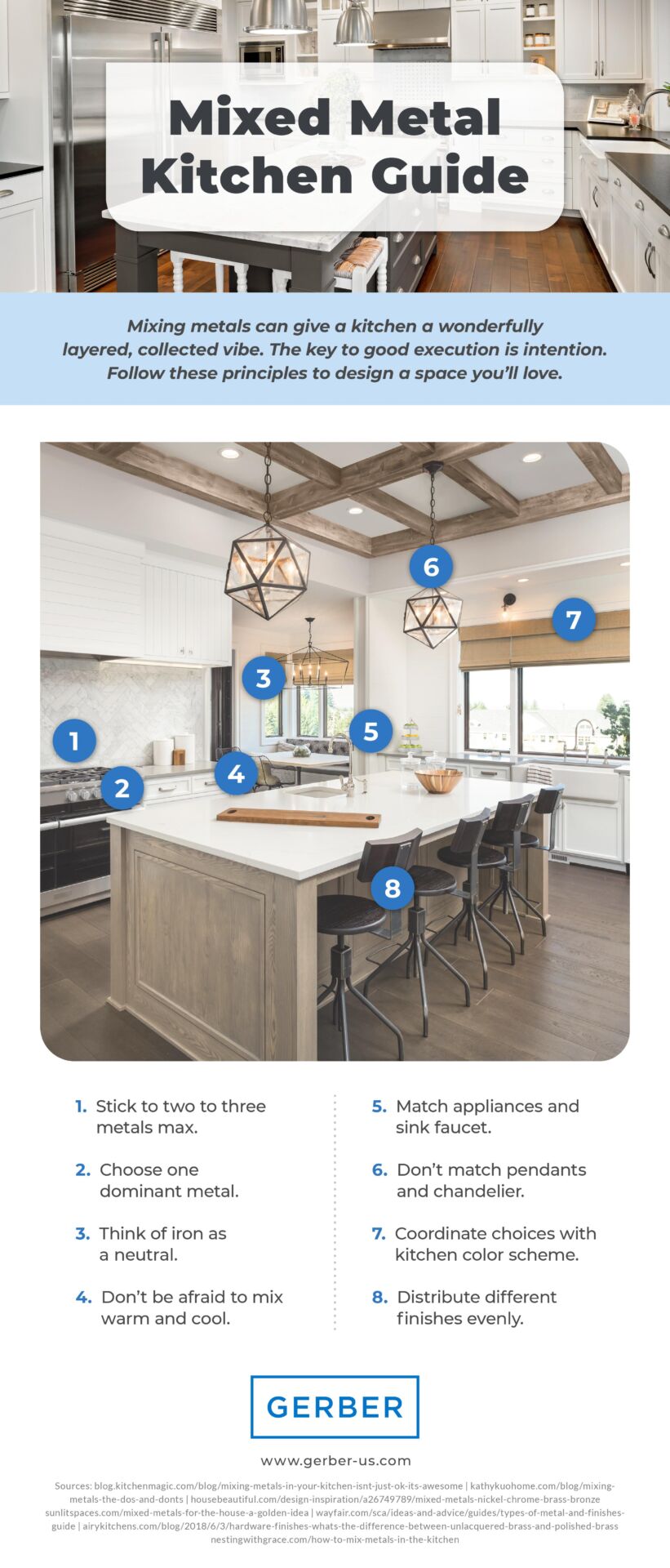


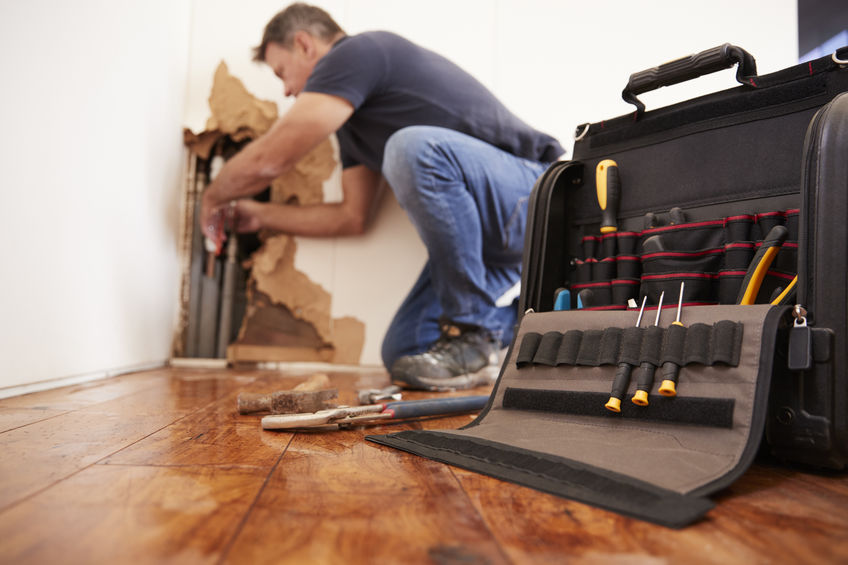




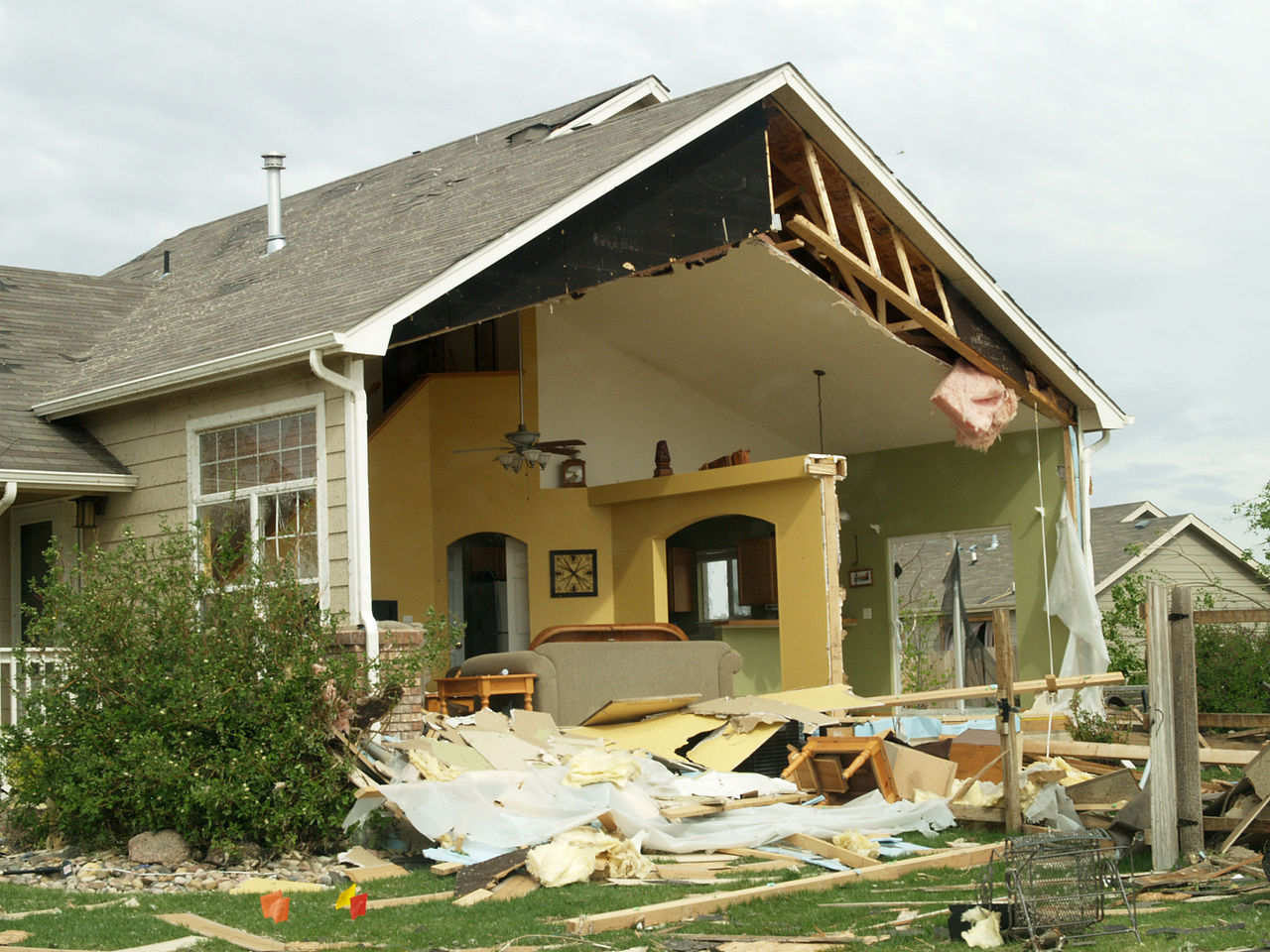

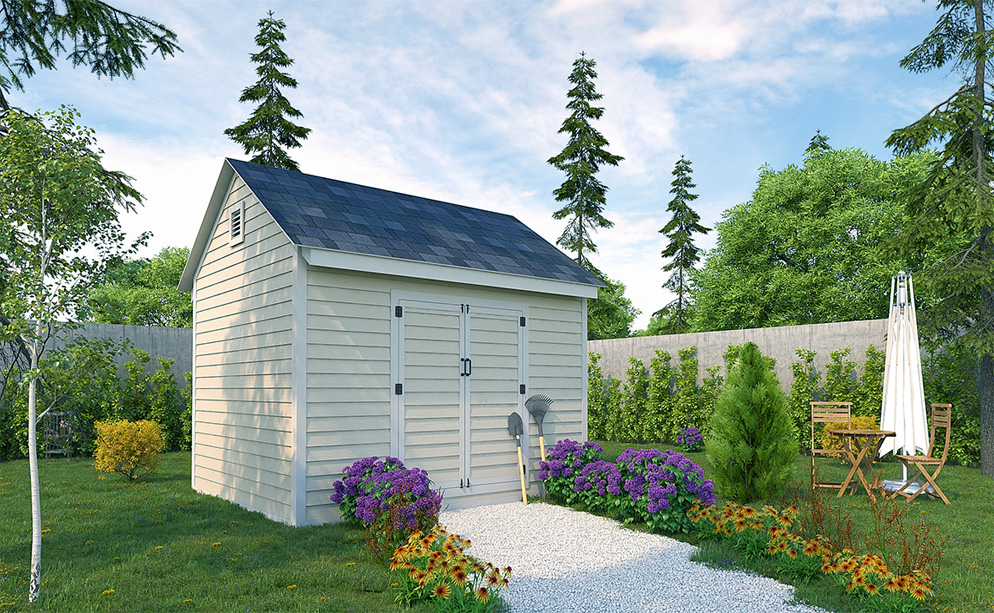
 No matter what kind of money you pump into your home — whether you dig a swimming pool, design a state-of-the-art kitchen or even build an addition that doubles your square footage — your property will only ever be worth so much. That’s because real estate agents and buyers use home values in your neighborhood to determine the best price for your home; the improvements you make to your lot have a relatively minor effect on your home’s value.
No matter what kind of money you pump into your home — whether you dig a swimming pool, design a state-of-the-art kitchen or even build an addition that doubles your square footage — your property will only ever be worth so much. That’s because real estate agents and buyers use home values in your neighborhood to determine the best price for your home; the improvements you make to your lot have a relatively minor effect on your home’s value.
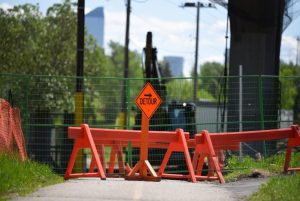 Push for Infrastructure
Push for Infrastructure